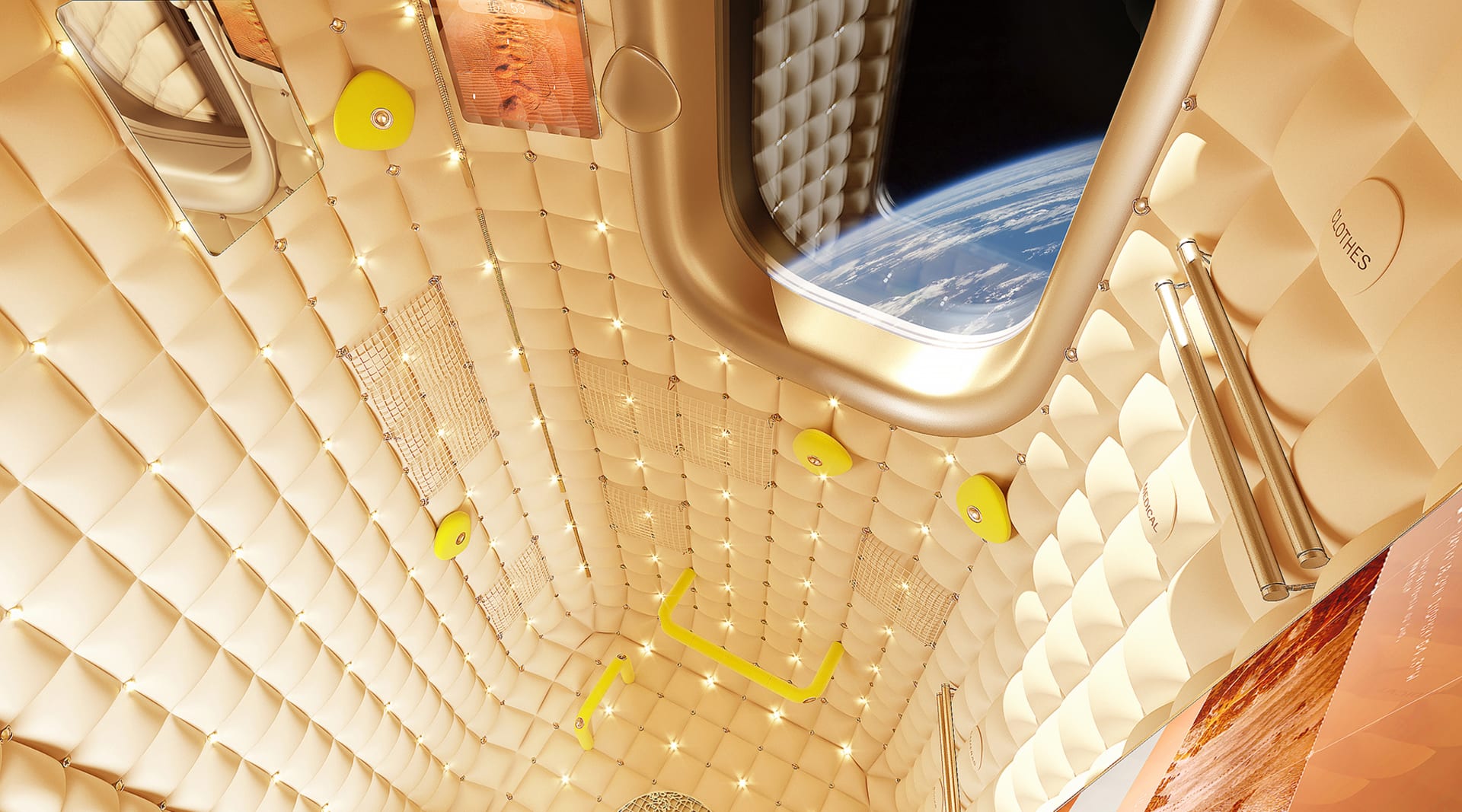Exploring the furthest-flung corners of the earth may eventually be deemed positively pedestrian. As commercial space travel inches closer to reality, pioneering—and stratospherically wealthy—travelers could soon be able to venture beyond the confines of our planet.
Wealthy travelers are reserving a place in space as commercial space travel prepares for lift-off.



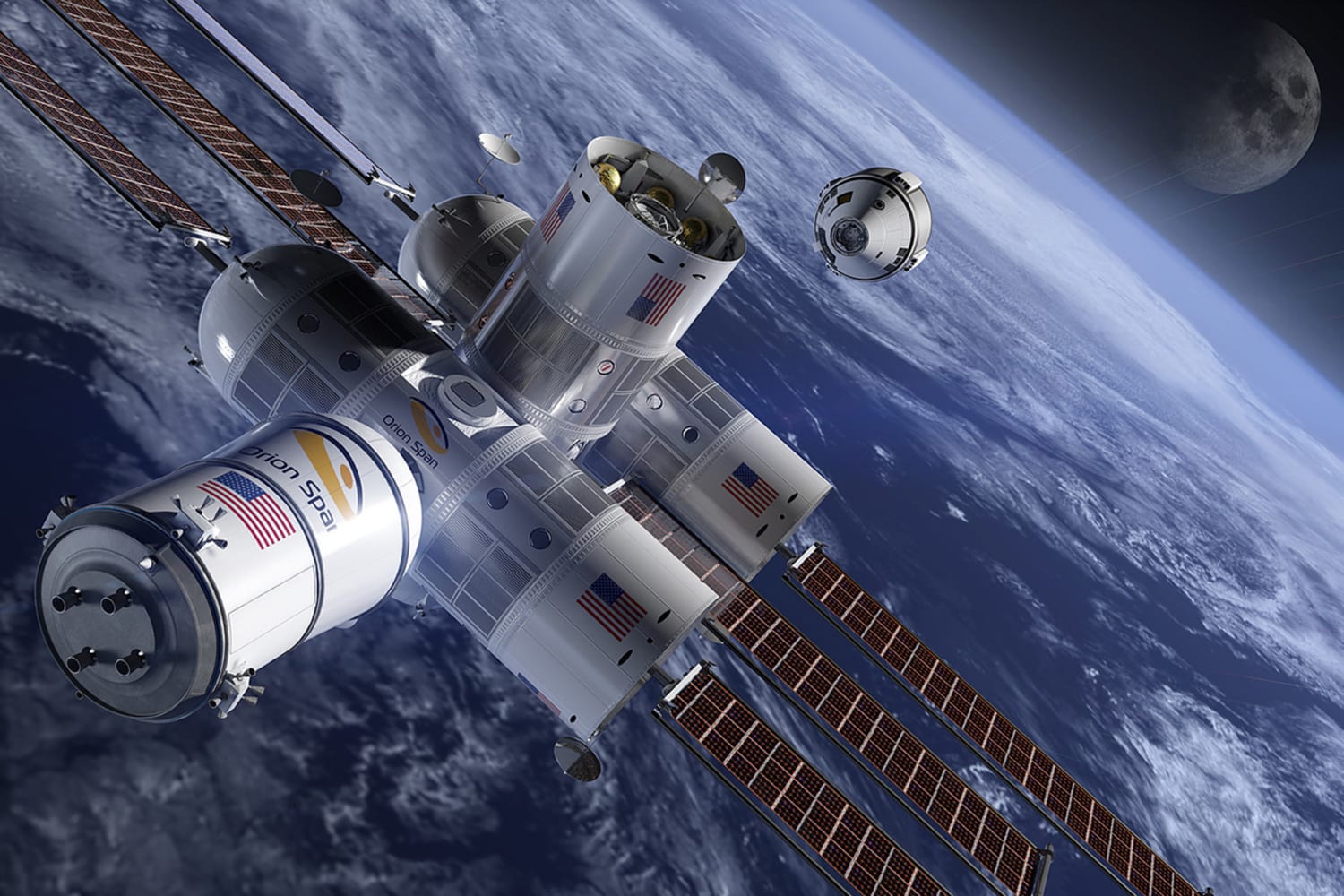
Aerospace startup Orion Span plans to unveil Aurora Station, “the world’s first luxury space hotel,” in low-Earth orbit in 2021, and guests will able to visit from 2022. The station’s 12-day “adventures” will see guests “experience the thrill of zero gravity, gaze upon the earth from 230 miles above,” and “conduct experiments,” the company says. Orion Span has reduced the training period for space travel to three months, and is currently accepting (refundable) deposits of $80,000 for the $9.5 million trip.
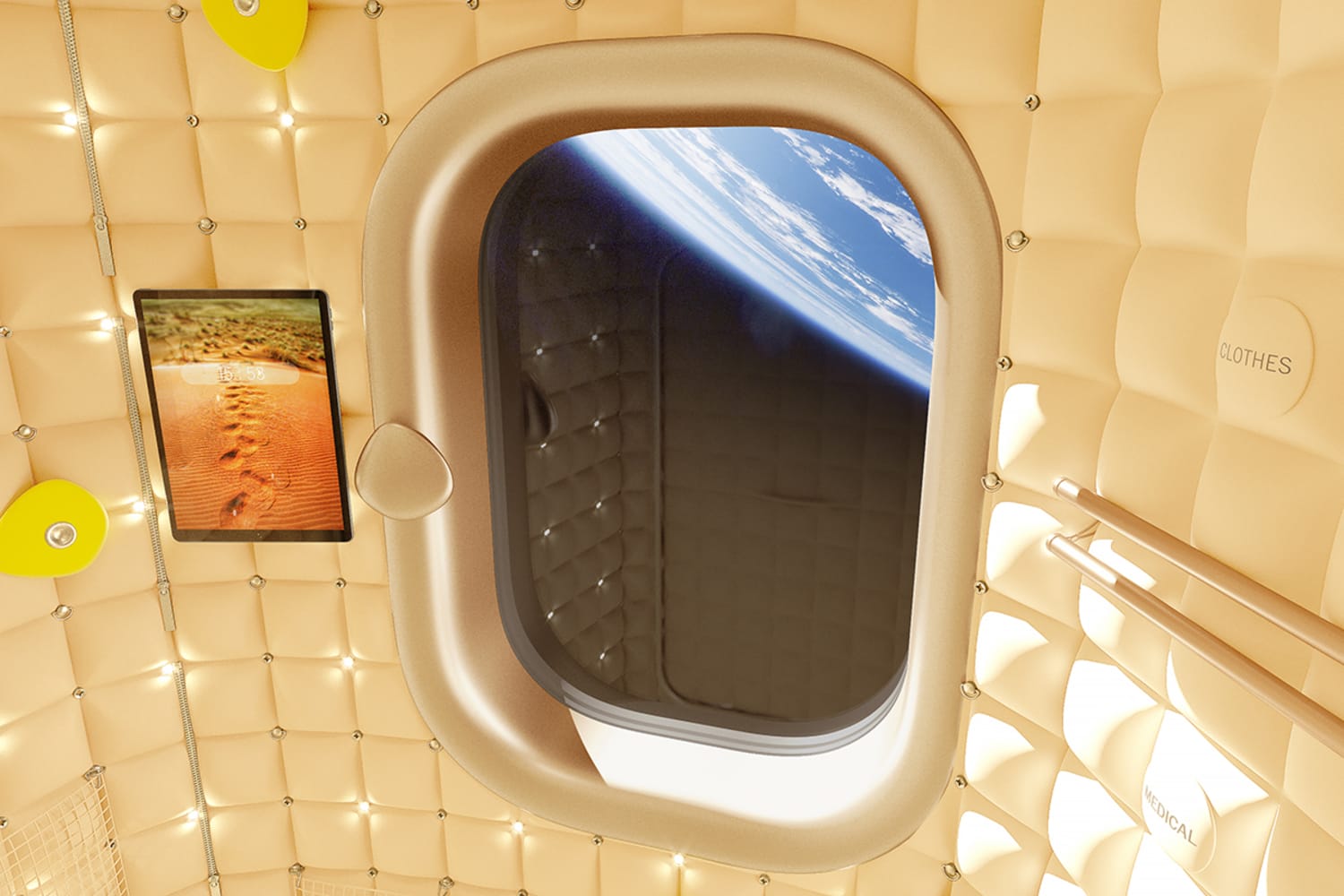
But to visit the Axiom Space Station, scheduled to open in 2024, visitors will have to find $55 million. Texas-based Axiom will begin offering flights to the International Space Station (ISS) in 2020, and to its own space station in 2024, before the ISS’s scheduled 2025 retirement. For the hefty price tag, guests can expect “nest-like cabins,” designed by Philippe Starck with soft, padded walls and twinkling LED lights. Travelers to the station will experience unobstructed views of Earth, alongside haute touches such as gourmet food served in the observatory.
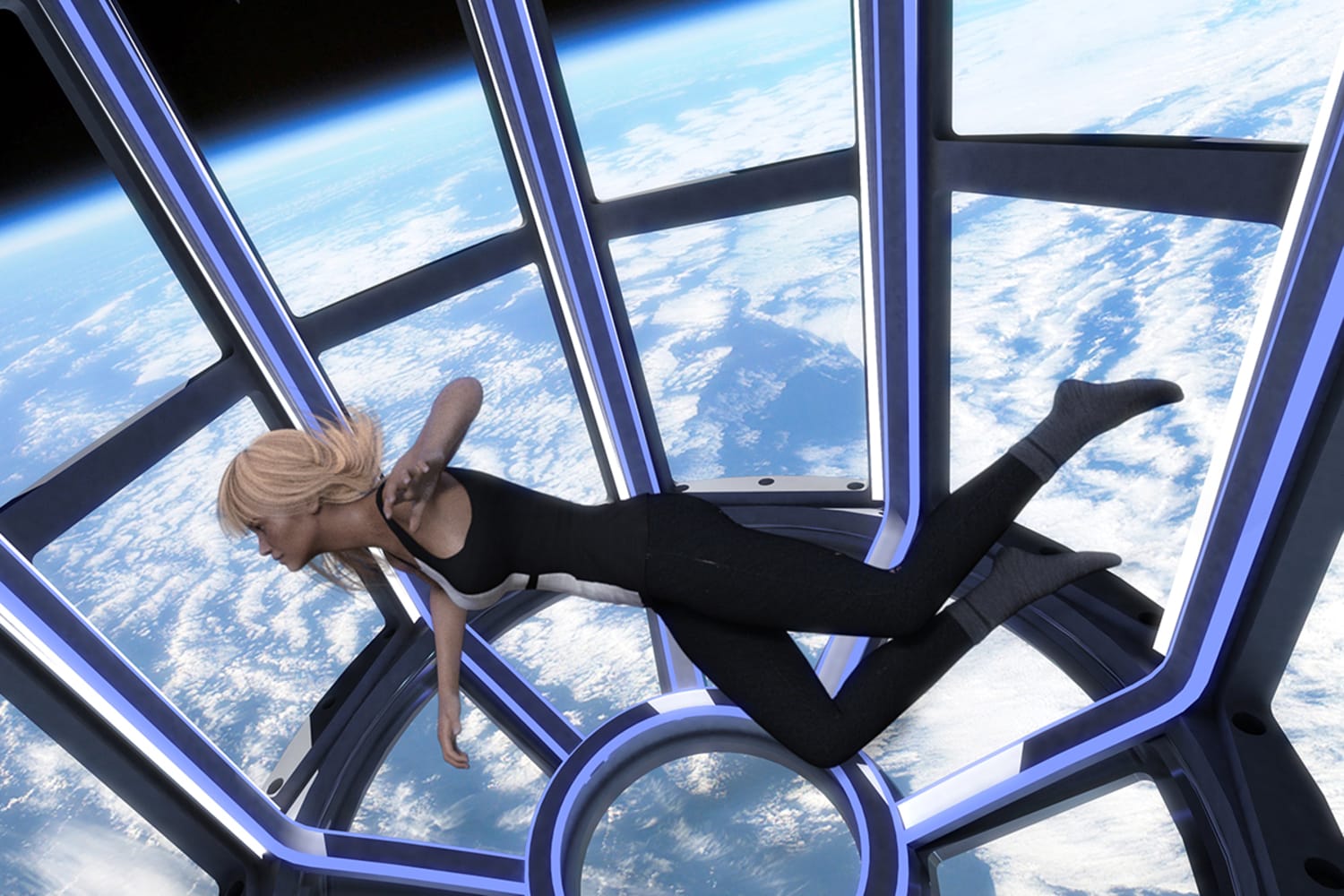
These ventures chime with NASA’s June 2019 announcement that it is opening the ISS for commercial business, aiming to “accelerate a thriving commercial economy in low-Earth orbit.”
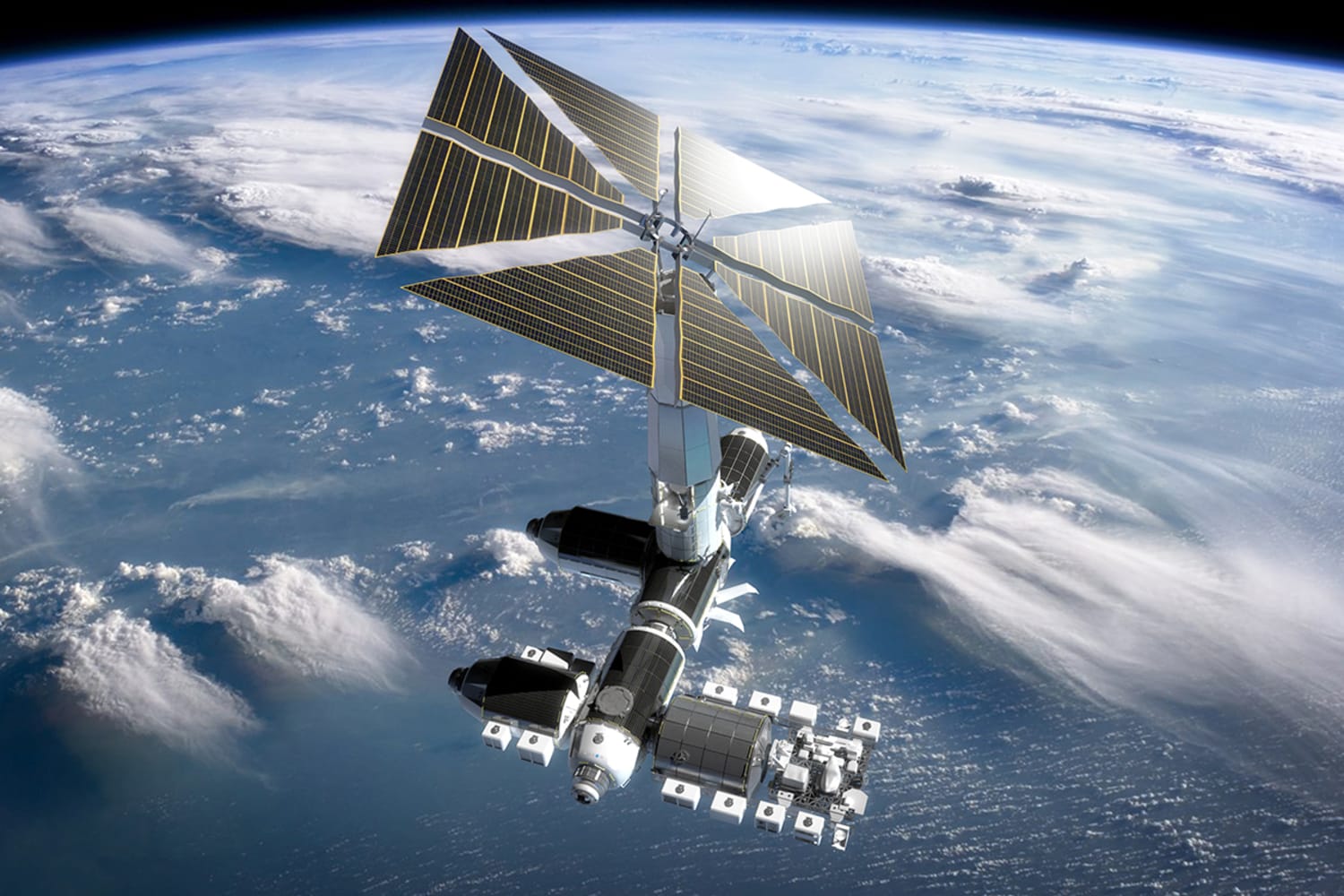
And some visionaries are exploring deep space travel, too.
In May 2019, Jeff Bezos’s Blue Origin, which is developing technologies to enable access to space, announced the company’s Blue Moon lunar lander. This vehicle has been designed to deliver payloads and people to the moon’s surface. It’s part of Bezos’s vision that “future human beings will live on a series of manufactured worlds in space… each holding more than a million people,” Dezeen reports. Bezos, Dezeen writes, envisages that humans will eventually travel between Earth and space, with polluting industries no longer taking place on Earth.
To aid human exploration of deep space, in July 2019 Puerto Rican startup Instarz announced the launch of Remnant, a compact, self-sustaining lunar habitat. The project is at seed funding stage—Instarz is seeking investment to fund a prototype—and is scheduled to launch in the late 2020s.


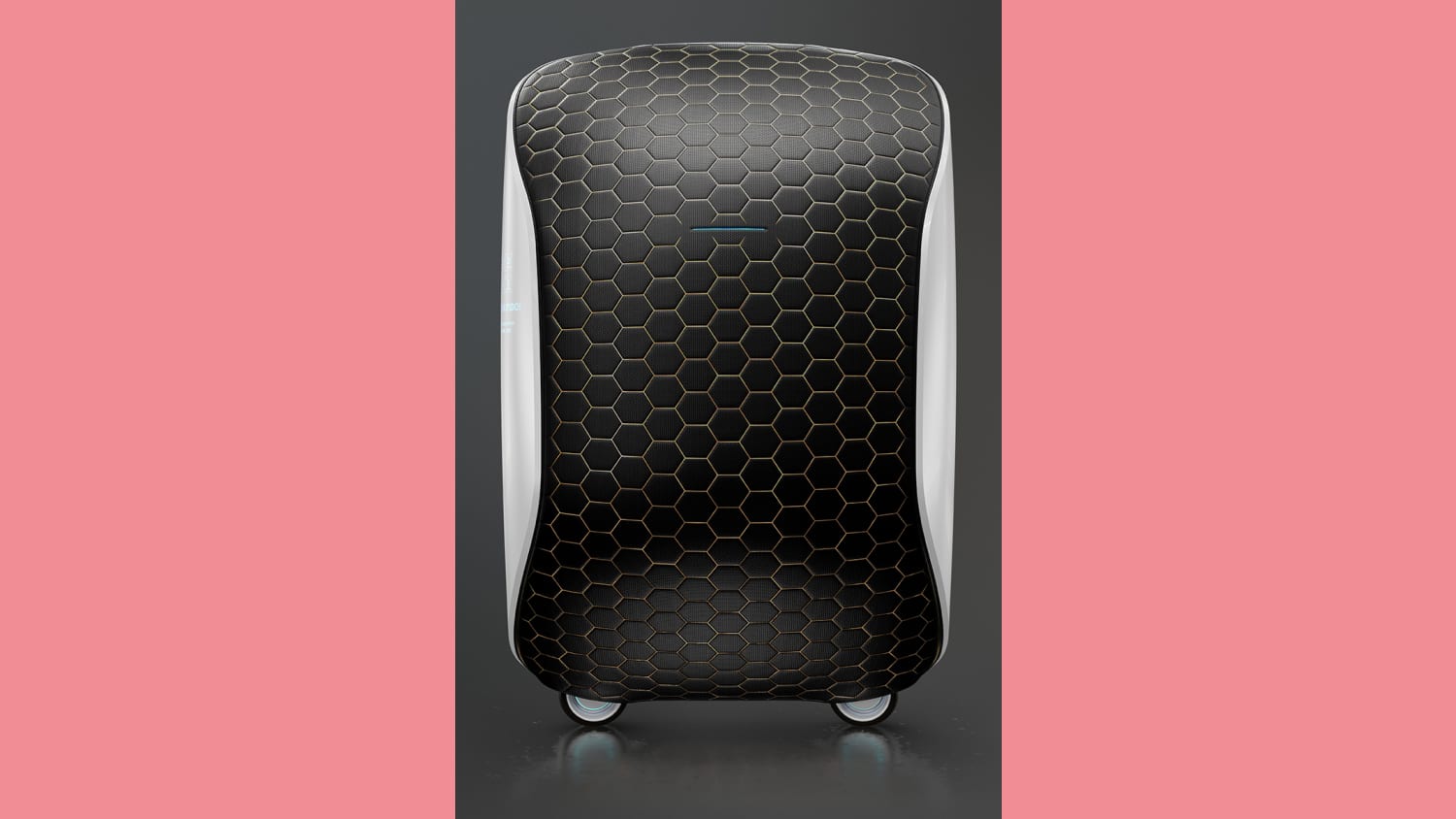
For a taste of space travel now, luggage brands are getting inspired by intergalactic voyages. Germany’s Horizn Studios has launched a carbon fiber suitcase reinforced with graphene that could function in space, developed in collaboration with astronaut-in-training Alyssa Carson. And Arlo Skye’s Space collection is a line of sleek polycarbonate carry-on cases that take inspiration from the future of space travel. The silvery-gray toned model is emblazoned with one of three logos: Team Human, Moon Shot and Occupy Mars.
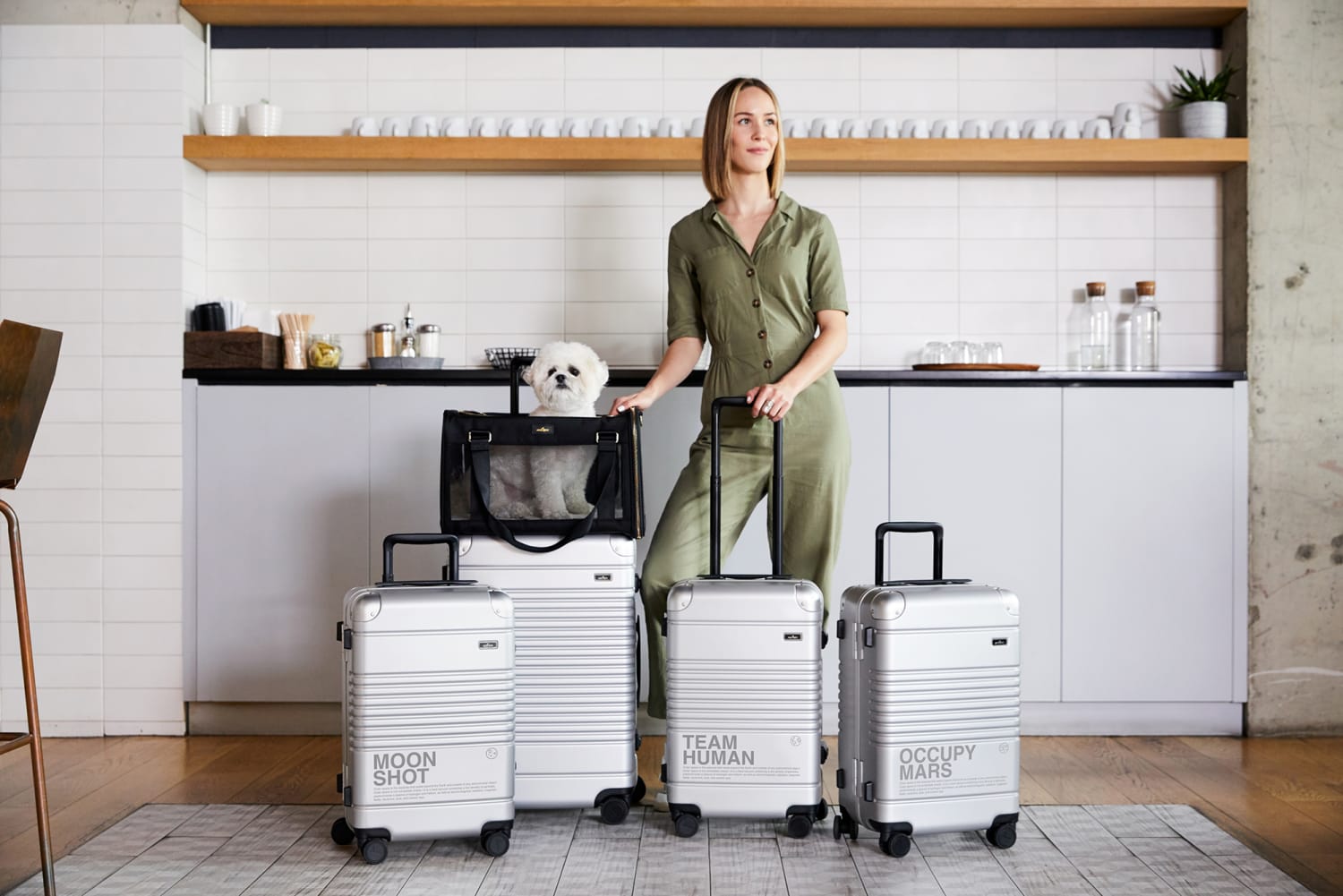
While the reality of space travel might (initially) be for the few, brands are banking on the notion that its genuine possibility will capture consumers’ imaginations.
Please provide your contact information to continue.
Related Content

VML Prague and KitKat offers a digital break with its new "Phone Break" campaign

